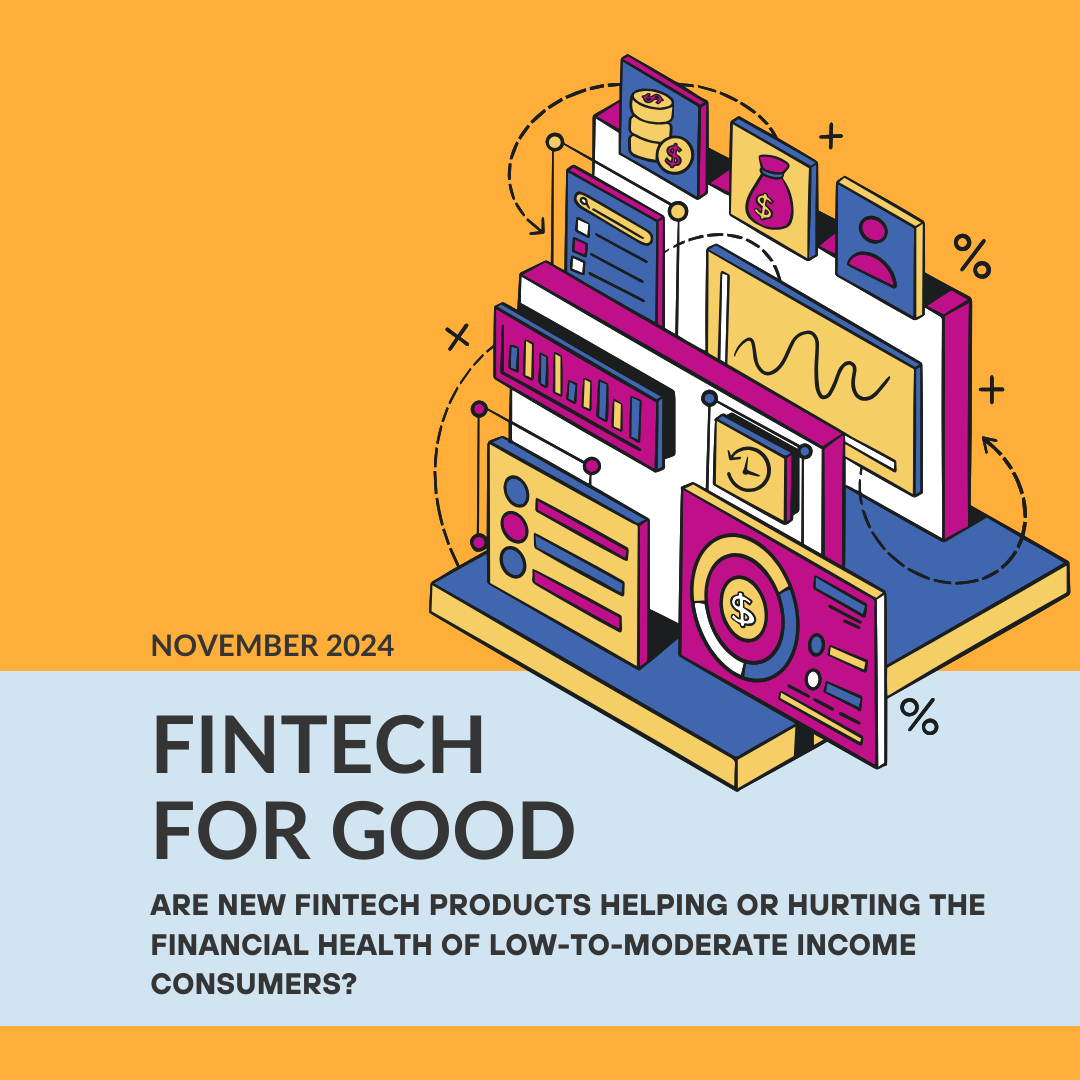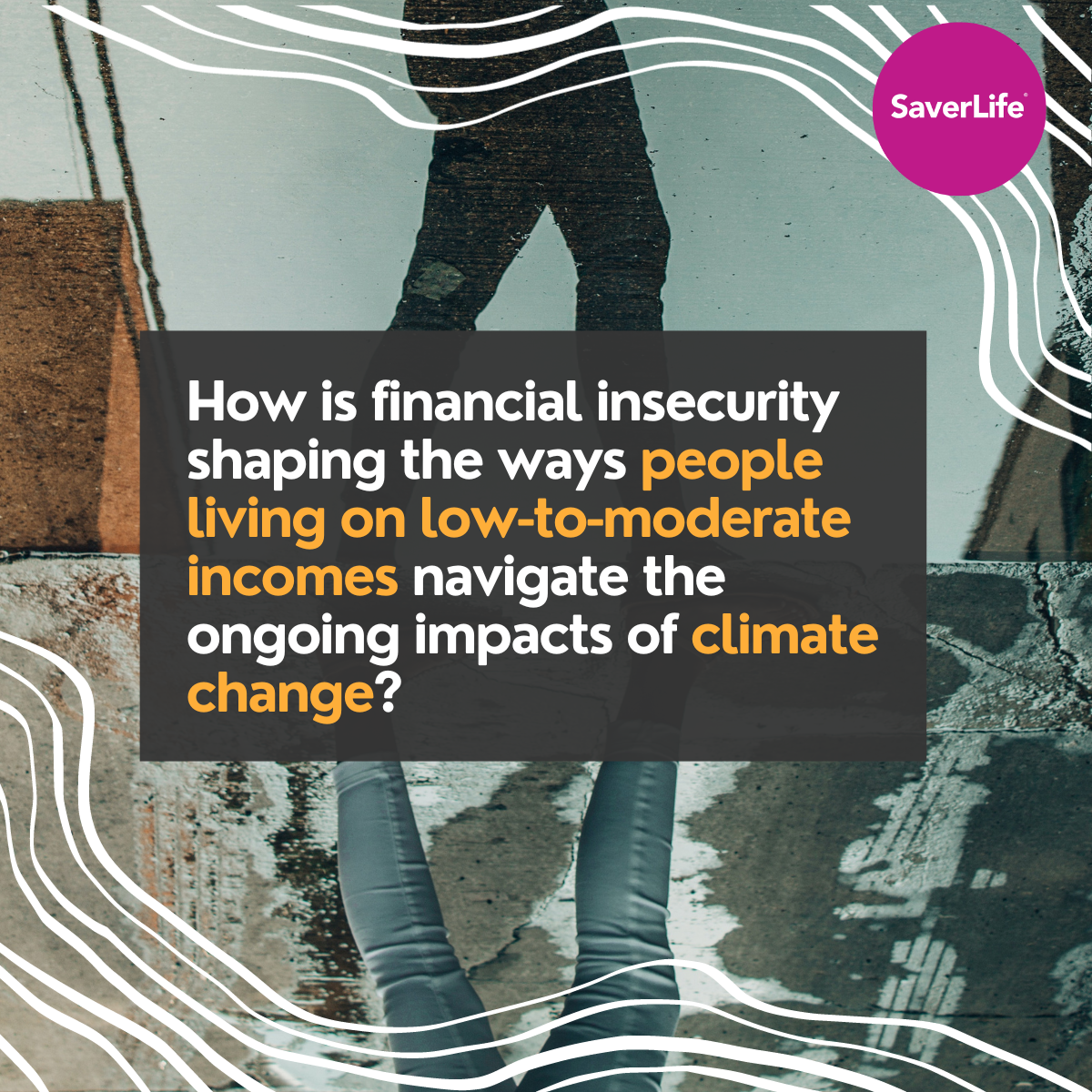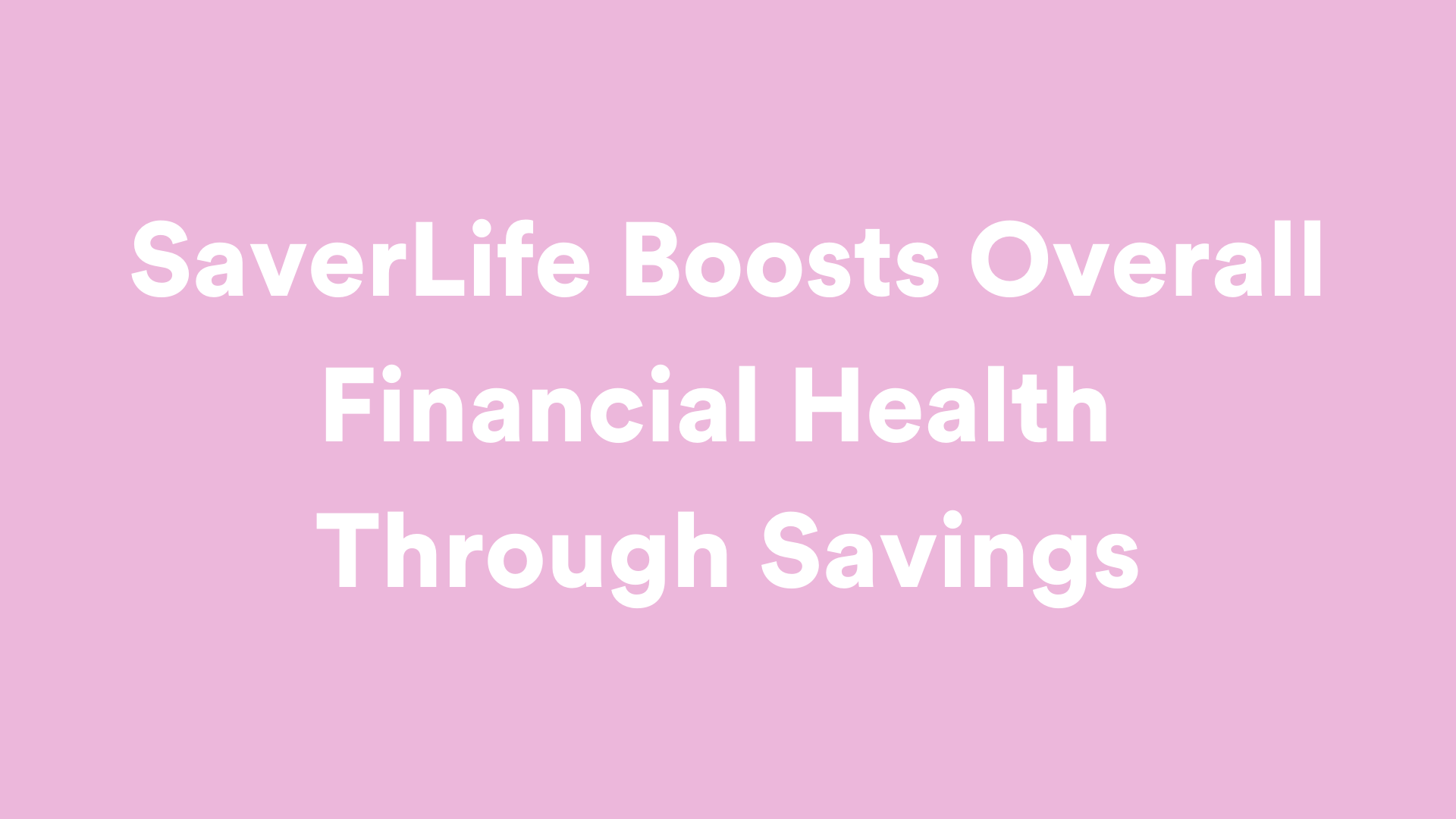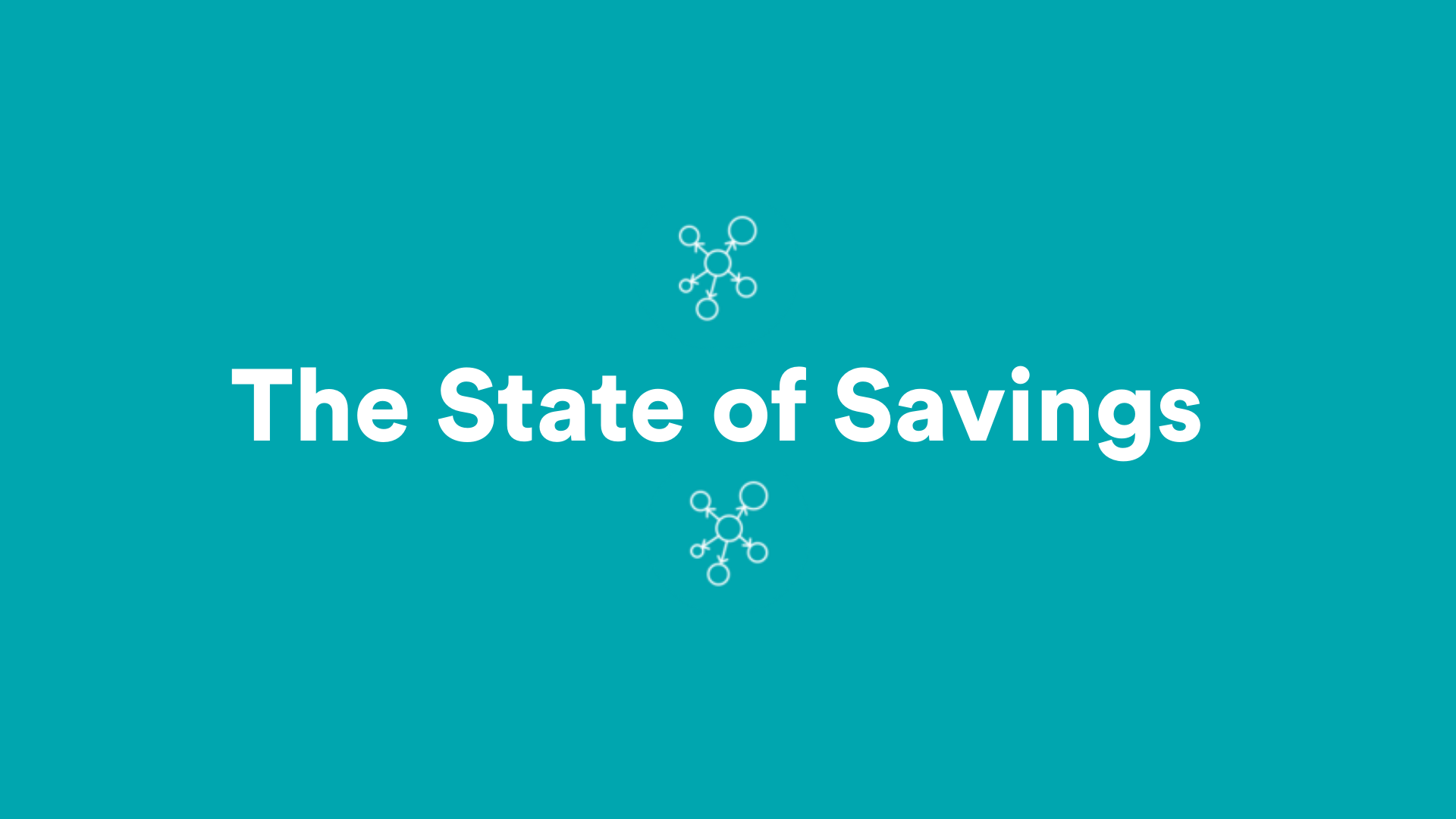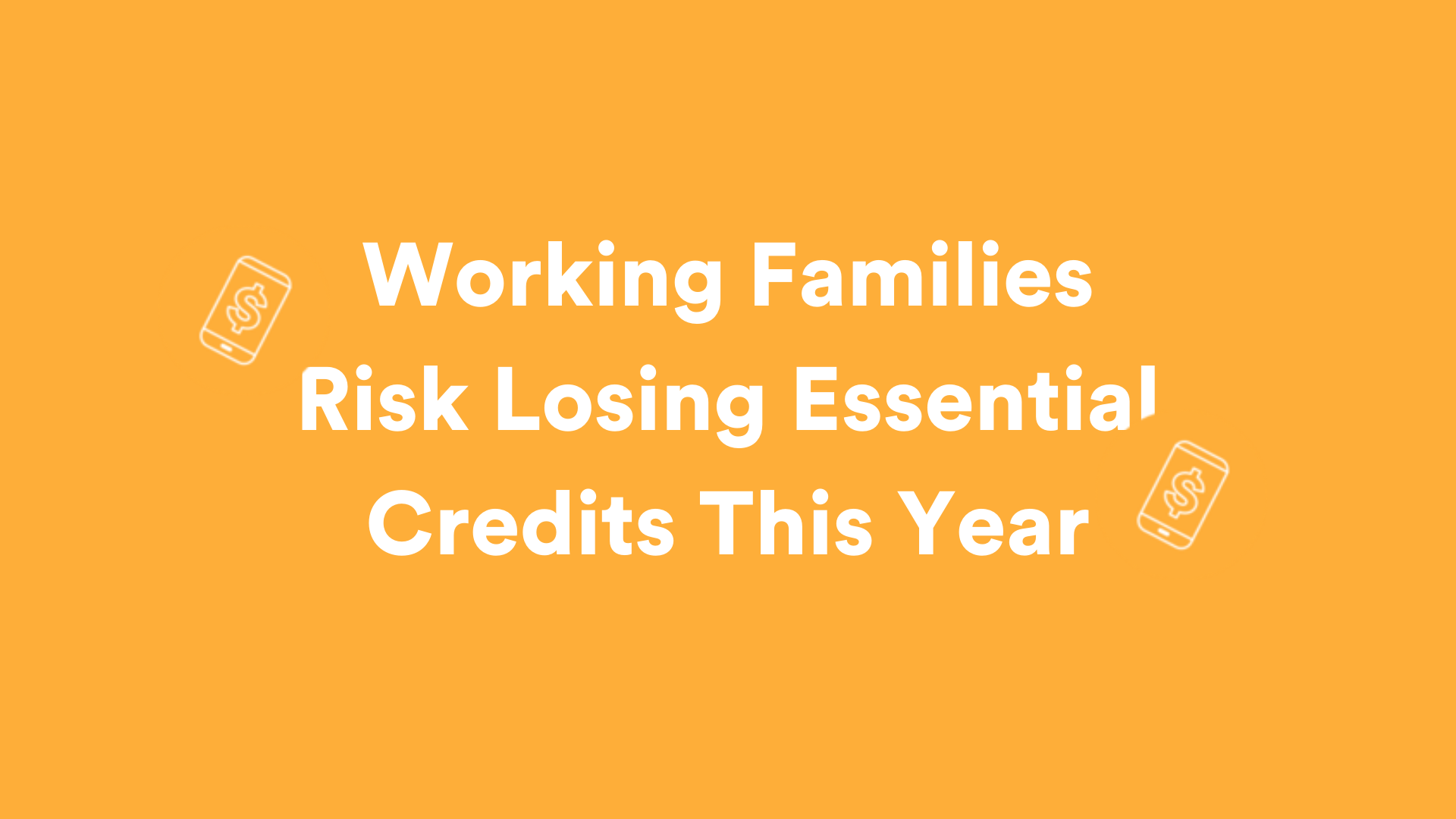Data and research

A holistic approach to financial health
Human centered, data driven, and action oriented
Research that matters
As a member-first organization, we collaborate with our members to publish and share groundbreaking reports and insights that leverage the financial data and personal experiences they entrust us with.
Through survey data, rapid polling responses, innovation tests, and other diverse research methods, we’ve honed our skills at generating actionable insights to inform our work and that of the financial health field.
And while we conduct research about specific topics like climate change and housing, we also monitor and share different aspects of our members’ financial health such as how well they are meeting basic needs, saving, and managing debt — including how these issues relate to our policy agenda. These insights can be found on our Financial Health Dashboard (coming soon).
Cumulatively, these efforts help us to tell a larger, more complete story of the systemic issues that impede the financial health journeys of our members while offering actionable recommendations to improve their financial health outcomes.
-
We conduct intervention research to understand the best ways - as informed by behavioral science - to help our members take action to improve their financial health. For example, what’s more effective: for us to encourage tax time savings pledges (pre-commitment) or for us to suggest saving a certain amount of one’s refund (anchoring)? Will publishing educational articles encourage members to seek services from our nonprofit referral partners or will impact be better if we make overt suggestions?
In the spirit of using our findings to take action, we use these member-informed insights to improve our platform and therefore the experience of our members. Additionally, we share our findings with other organizations so they can also take action and improve financial services and products for their own communities. -
Through our work, we seek to understand how members make financial decisions, such as why and when they use new financial products like “Buy Now Pay Later.” We look at whether they are aware of and able to access public benefits.
Again, in the name of ‘action,’ we use findings from this strategy to make recommendations to financial services providers and state and federal government agencies about the best ways to support, empower, and protect people with low-to-moderate incomes.
-
We are deeply committed to understanding how our members are affected by the systemic challenges that intersect with and impact their financial health.
From climate change, the high costs of housing, transportation, and groceries to childcare, student and medical debt, and more — we are looking at the bigger picture to understand the financial health challenges these systemic challenges cause in our members’ lives.
Collaborating closely with our members to amplify their personal experiences and priorities, we marry their voices with our findings to advocate for changes in public policies and employer and company practices that will better serve them and their financial health goals.
Recent work and publications
We are regularly updating our research library with new reports, insights, resources and findings. Be sure you are signed up for our research newsletter to be notified of new content from the SaverLife team.
-
![]()
Unlocking Homeownership in Philadelphia
This report investigates whether Philadelphia is still a city that can support the homeownership aspirations of its low- and moderate-income renters.
-
![]()
Understanding the Consumer Experience
The use of financial technology (“fintech”) has grown rapidly over the past decade, and most recently options such as fintech banking, Buy Now Pay Later (BNPL), cash advance, and earned wage advance (EWA) applications have exploded onto the market. These solutions are widely used by SaverLife members (members) and offer new tools that may better meet their financial needs than mainstream financial products but are these products helping or harming their finanical health?
Supported by the Bill & Melinda Gates Foundation, this is the first in a series of two reports.
-
![]()
Climate change and financial health
With the support of the Wells Fargo Foundation, SaverLife has launched The Downpour, a research initiative aimed at uncovering the ongoing effects of climate change on the financial well-being of households with low to moderate incomes. By combining qualitative and quantitative data, we highlight the experiences of our members and assess the effectiveness of existing policies in mitigating climate change's impact on their lives while also building climate resilience. This is the fight of our lives.
-
![]()
Housing and financial health
Supported by the Melville Charitable Trust and additional philanthropic contributions from Deutsche Bank, SaverLife has conducted new research exploring the intricate relationship between housing costs and financial health. This study reveals how these two factors interact and significantly influence one another. Housing costs are expensive and put a strain on the financial stability of individuals living on low-to-moderate incomes (LMI). These housing costs can also cause a ripple effect on other aspects of their financial health, including how well they’re able to take steps toward achieving their shorter-and-longer-term goals.
-
![]()
Microentrepreneurs and financial health
In Spring 2022, SaverLife, with the support of Wells Fargo Foundation, launched a comprehensive marketing and outreach campaign to learn more about the self-employed. In particular, we wanted to better understand the aspirations and pain points of microentrepreneurs: individuals who start a side hustle, launch a small business, or take on gig work to cover some or all of their income through self-employment.
Additional research insights
SaverLife leveraged growth marketing strategies, custom content, and research to learn more about microentrepreneurs and help them along their path to financial stability. Through this approach, we recruited over 9,000 new members in 10 weeks and informed the financial health field and nonprofit sector on the systemic challenges facing microentrepreneurs.
There is a lack of financial tools and information that microentrepreneurs can access to improve their financial health. However, this creates an opportunity for the financial health and social sectors to develop targeted resources for microentrepreneurs that they can use to shore up their savings and achieve their business aspirations.
SaverLife partnered with Financial Health Network, Commonwealth, AARP Public Policy Group, and many more to create impact metrics that measure the effectiveness of short-term savings programs for people living with low to moderate incomes.
SaverLife, Commonwealth, and Neighborhood Trust followed up with CTC-eligible families, after they filed their 2021 tax returns, to learn what an expanded child tax credit would mean to them.
SaverLife identifies six major policies that members say would give them the ability and opportunity to save, establish financial stability, achieve resilience, and build wealth for generations to come.
This research assesses members’ awareness and perceptions of the relationship between emergency savings and retirement savings.
An American Experiment in Financial Security: What We Learned and What Families Stand to Lose
This report features exclusive research on the savings behaviors of SaverLife members nationally and in three communities—Atlanta, Detroit, and Washington DC.
The early promise of the Child Tax Credit: banking data indicates increased stability through savings
SaverLife CEO, Leigh Phillips, published a paper in the Federal Reserve Bank of San Francisco’s Community Development Innovation Review
The expanded Child Tax Credit has the potential to end extreme poverty. But only if the help reaches families.
In 2019, the FINRA Investor Education Foundation and SaverLife began a collaboration to create a scalable and sustainable savings program for use by community nonprofit providers of workplace financial wellness programs.
SaverLife members in the Red Tab Savers Program saw significant improvements in their Financial Health Score.
Working families are facing a major financial loss—the potential erosion of essential tax credits, like the Earned Income Tax Credit.
We present three stories that expose why housing policy is critical now and for the future.
The FINRA Foundation and SaverLife partnered to conduct a study on the role small amounts of savings play in shaping financial well-being.
This study examines the impact of our savings competition with prize-linked savings, motivational text messaging, and peer comparisons.
SaverLife partnered with Intuit to build a culture of savings in Johnstown and Bluefield.
The data indicates that cash grants had a stabilizing effect on families during the pandemic.
In the summer of 2020, we followed up with members to see if and how attitudes and perceptions of the racial wealth gap had changed following nationwide demonstrations for racial justice.
What SaverLife has learned from tracking the financial impact of COVID-19 on our members since for the first six months of the pandemic.


